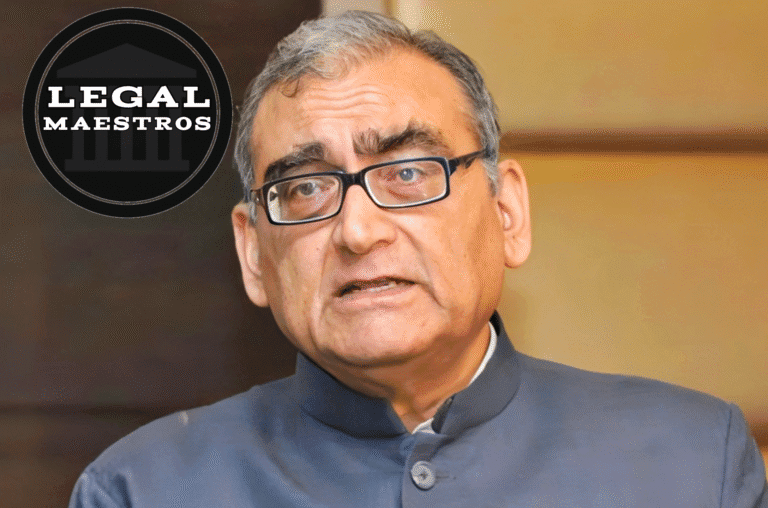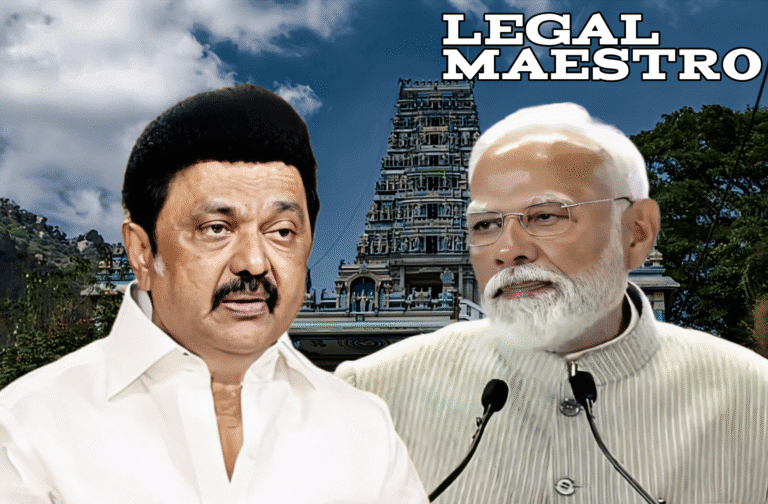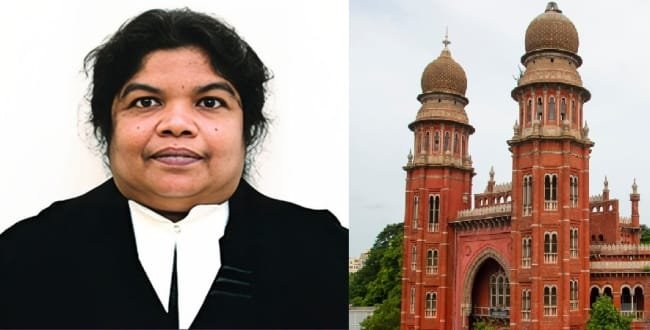
The SC of India on Monday July 21st 2025, delivered the judgment in the matter of Metpalli Lasum Bai (since deceased) & Ors. v. Metpalli Muthaiah (Dead). by his LRs.CIVIL APPEAL NOS. 5921-5922 OF 2015 The Court confirmed Lasum Bai’s absolute title over the contested property, the widow of the late Metpalli Rajanna. This case involved a 4-acre and 16-gunta plot of land in the village of Dasnapur and broader claims on family assets arising from a dispute among legal heirs.
Facts:
The original owner Metpalli Ramanna, died unrepresented prior to 1949, leaving his properties to his son, Metpalli Rajanna. Rajanna had two children, Muthaiah and Rajamma, from a previous marriage before marrying Lasum Bai who did not have any children with him. Rajanna died in 1983 and a disagreement arose between Lasum Bai and her stepson Muthaiah over the inheritance of the ancestral land.
Lasum Bai claimed right over them through the Will dated 4.4.1974 executed by Rajanna as per which the land was to be distributed amongst herself, Muthaiah and Rajamma. The Will assigned her a share of the land and she alienated a portion in favour of Janardhan Reddy. Muthaiah objected to this sale and her possession contending that these properties were joint family properties and Rajanna died without executing any Will.
For any queries or to publish an article or post or advertisement on our platform, do call at +91 6377460764 or email us at contact@legalmaestros.com.
Arguments:
Appellants’ arguments:
Learned counsel for the 1 st and 2 nd defendants that is the legal heirs represented by the wife of Janardhan Reddy ie., Lasum Bai would contend that
- The Will was valid and accepted by Muthaiah that the Will was executed by Muthaiah’s father.
• The family’s oral agreement had already been in place for years, with a clear possession being readily established.
For any queries or to publish an article or post or advertisement on our platform, do call at +91 6377460764 or email us at contact@legalmaestros.com.
- The supplementary sales effected by Lasum Bai were ignored and clothed with Muthaiah’s concurrenc e.
- The High Court erred in interfering with the finding of fact of the trial court and simply by directing only 1/4th of the share.
Submissions of the Respondents:
The respondents contended that:
- The estate was ancestral and could not be entirely partitioned by Will.
- There had been also an injunction in favour of Muthaiah so as to not allow any further sale.
Judgment:
- Having examined the records and evidence, the SC found that:
- That Muthaiah accepted the Will as his fathers signature and it was also duly registered; the Will Ex.
- The ownership and cultivation of Muthaiah along with the plaintiffs indicated a well settled family arrangement.
• The Will is not giving the majority share to Muthaiah, which eliminates any suspicion of doctoring.
For any queries or to publish an article or post or advertisement on our platform, do call at +91 6377460764 or email us at contact@legalmaestros.com.
• Oral family settlement, though unregistered, was supported by consistent possession and long-standing arrangements.
• The High Court erred in reducing Lasum Bai’s share to 1/4th despite clear evidence and trial court findings.
Hence, the Court restored the trial court’s decree granting Lasum Bai exclusive ownership and permanent injunction.
For any queries or to publish an article or post or advertisement on our platform, do call at +91 6377460764 or email us at contact@legalmaestros.com.
Analysis:
The Court reaffirmed the inviolability of registered Wills, particularly where they are corroborated by admissions and possession. It emphasized that there is a presumption of validity in respect of such a Will with the burden of proof on the party opposing it, particularly where the document benefits all parties to the like extent. The judgment also recognized oral family settlements corroborated by possession and intention, though unregistered a reaffirmation of equitable principles under family law.
This judgment upholds testamentary freedom in joint family cases and upholds the rights of widows in inheritance wars, especially when their claims are based on both documentary and circumstantial evidence. The case also lays down clearly that long-delayed possession and non-challenge to previous deals can be constructive acquiescence.
Coram:
Justice Vikram Nath
For any queries or to publish an article or post or advertisement on our platform, do call at +91 6377460764 or email us at contact@legalmaestros.com.
Justice Sandeep Mehta







